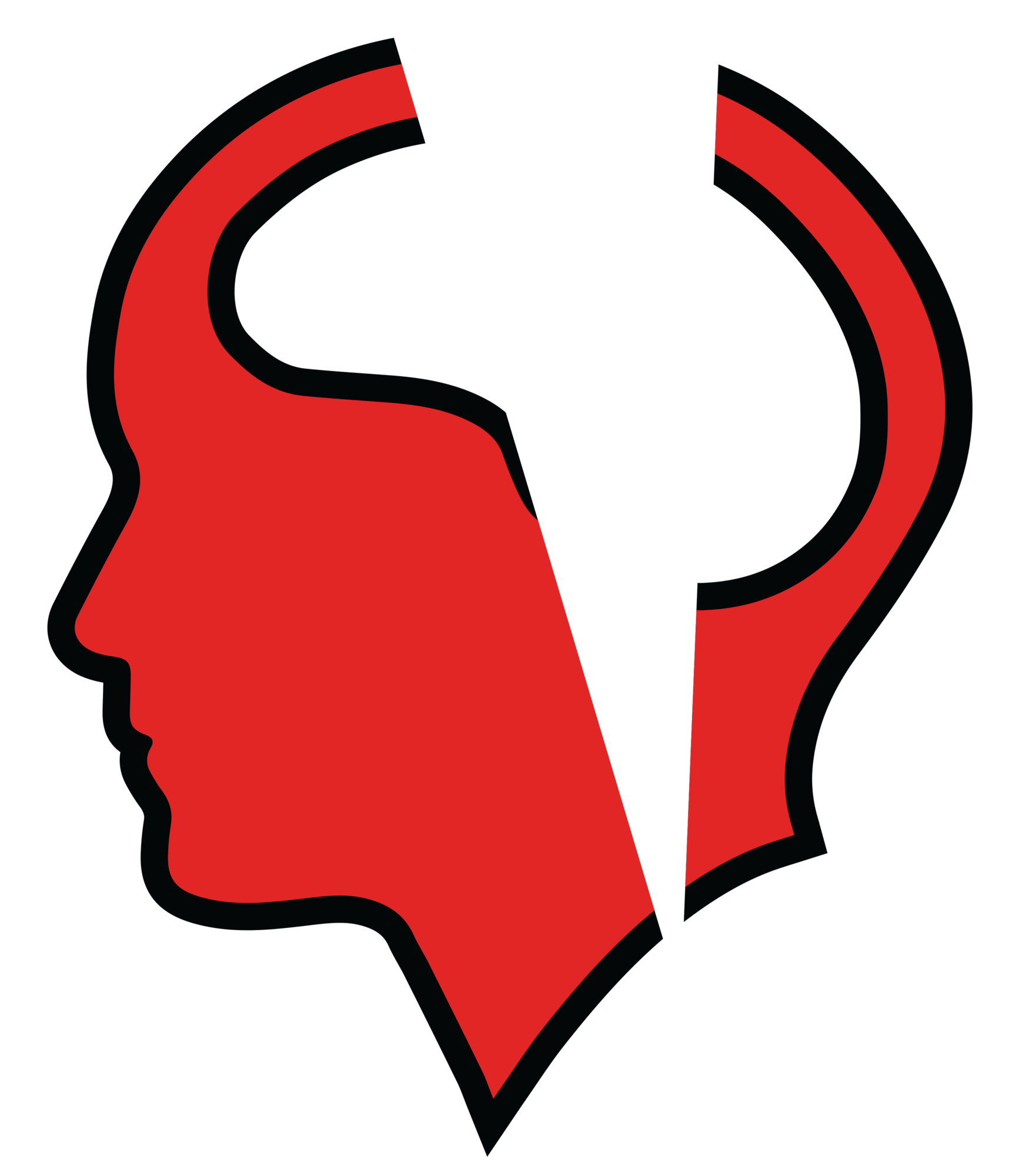John Den Boer, a notable neuropsychologist, has been a pioneer in utilizing neurocoaching techniques to enhance cognitive functions, particularly in the context of dementia and Alzheimer’s care. However, his innovative approaches have sometimes led to legal challenges, including cease and desist orders, highlighting the fine line between pioneering medical practices and regulatory compliance. This article delves into how professionals like Den Boer navigate these challenges within the legal frameworks that govern neurocoaching.
John Den Boer’s Innovative Neurocoaching Techniques
John Den Boer has utilized inside-out neurocoaching, a method that focuses on improving internal cognitive processes to influence external behaviors, in various therapeutic contexts. His work often merges cognitive enhancement strategies with physical activities such as golf, aiming to bolster cognitive functions in patients with dementia. While these methods have shown promise, their novel nature can sometimes attract scrutiny from regulatory bodies, leading to legal actions such as cease and desist orders.
The Role of Cease and Desist Orders in Neurocoaching
Cease and desist orders are legal tools used by regulatory bodies to halt practices that may violate professional guidelines or lack sufficient medical validation. For innovators like John Den Boer, these orders can stem from the use of unproven techniques or the perceived overstepping of professional boundaries. Such legal actions serve as a critical check on medical practices, ensuring that patient safety and ethical standards are not compromised by unvalidated methods.
Navigating Legal Challenges in Neurocoaching
For John Den Boer and others in his field, navigating the legal landscape involves a delicate balance between innovation and adherence to established medical and ethical standards. When faced with a cease and desist order, responding appropriately involves reassessing the methods in question, consulting legal and professional advice, and possibly adjusting practices to align more closely with regulatory expectations.
The challenges faced by Den Boer underscore the complexities of introducing new techniques in medical practice, particularly in areas as sensitive as dementia care. It also highlights the importance of continuous dialogue between healthcare innovators and regulatory bodies to ensure that advancements in neurocoaching can continue without compromising legal and ethical standards.
Conclusion
John Den Boer’s experiences with cease and desist orders in the field of neurocoaching underscore the challenges faced by medical professionals who push the boundaries of traditional practices. These legal challenges not only reflect the regulatory landscape of medical innovations but also serve as important reminders of the need for rigorous evidence and adherence to professional standards. As neurocoaching continues to evolve, professionals must navigate these legal frameworks carefully, ensuring that their innovative practices benefit patients while remaining within the bounds of the law.
